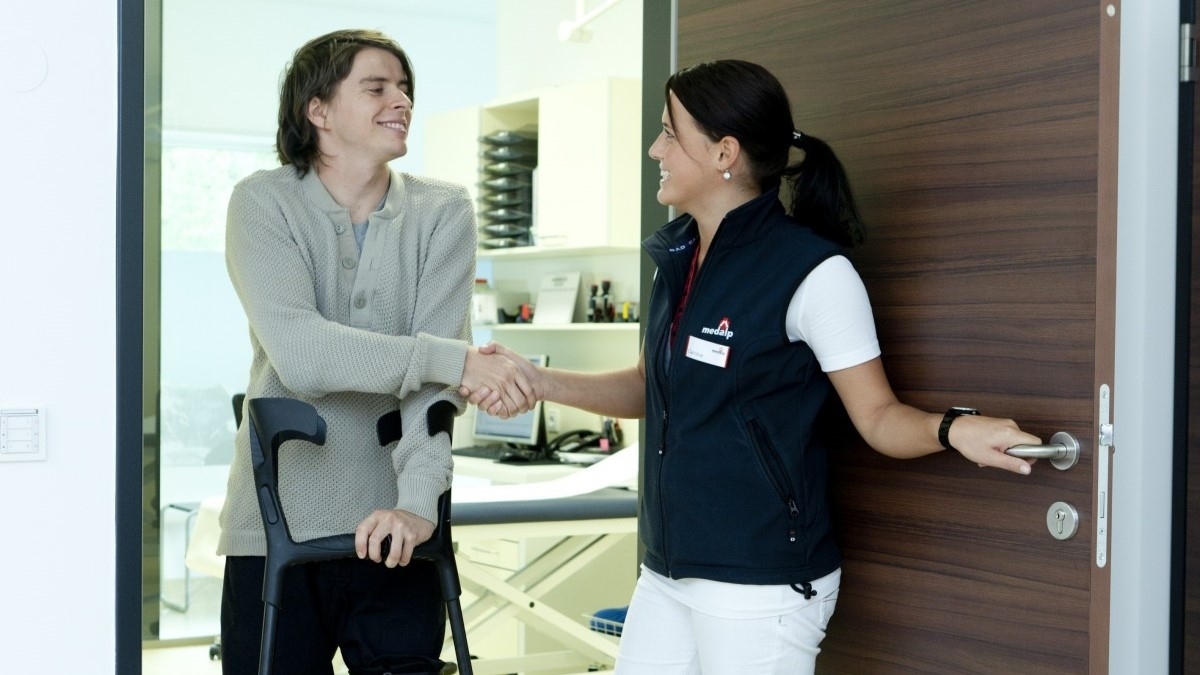
Neurotechnology company Reach Neuro, Inc., has been granted a Breakthrough Device designation by the U.S. Food and Drug Administration (FDA) for its Avantis platform, according to Cision PR Newswire.
The designation was given to the platform because of its ability to restore shoulder, arm and hand movement to those who have been impaired by chronic strokes. Avantis works by sending weak electrical impulses to a patient's spinal cord. The stimulation strengthens muscle activity without imposing unintended movements and empowers patients to regain the use of their arms and hands. The technology is currently being tested in a clinical trial funded by the National Institute of Health.
Reach Neuro was originally founded in 2021 as a spin-off company of the University of Pittsburgh and Carnegie Mellon University, and the former's medical center currently serves as a collaborator in the clinical trial.
The research team recently published the results from the first two study participants in the Nature Medicine journal. Participants experienced 40% and 108% improvements in grip strength respectively, and up to 124% improvement in joint strength. The improvements enabled the participants to perform reaching movements 30 to 40% faster and with greater ease than without stimulation.
The participants were also able to complete everyday tasks such as lifting objects, eating with utensils and opening locks. The researchers were surprised to find that some of the improvements were sustained up to a month post-study, even without stimulation, although patients are still more likely to receive greater benefits from having the implant continuously.
"We are excited about the FDA's recognition of our technology's potential to change the lives of millions of people living with disability," Reach Neuro cofounder and CEO Marc Powell told Cision PR Newswire. "The Breakthrough Device designation is an incredible opportunity to work closely with FDA experts to expedite the clinical translation of the Avantis system."
According to Reach Neuro, current stroke treatments only target the acute phase of recovery, leaving approximately 50% of stroke survivors with permanent disabilities. However, early evidence suggests that the Avantis platform can be effective in chronic stroke patients for as long as nine years post-stroke, which is beyond the current six-month treatment window used by other therapies.
"Having the stimulation working, and being able to move my arm/hand again after nine years, was one of the most surreal experiences of my life. It was as if my brain was in control of my arm again," study participant Heather Rendulic said, according to Cision PR Newswire. "This technology gave me such immense hope that one day I will regain a sense of independence again. This will change the lives of millions of people."